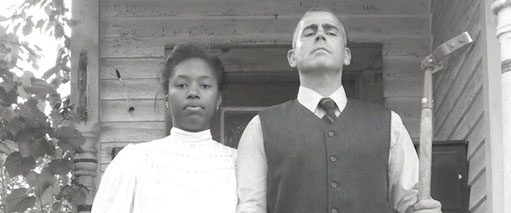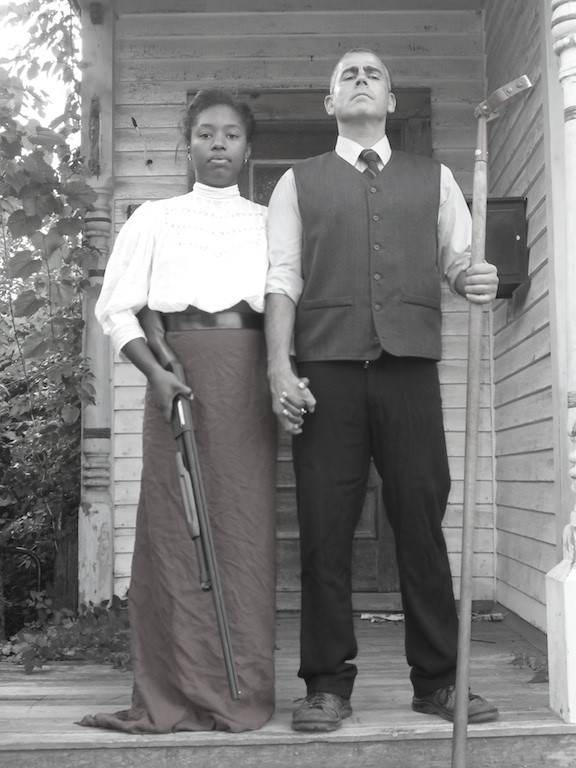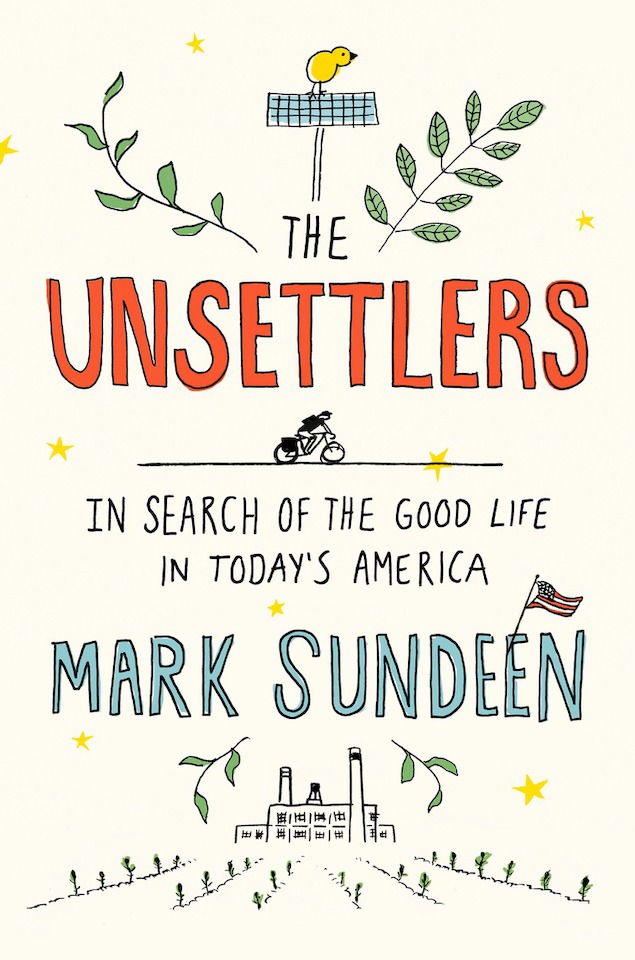Culture Shock: The Unsettling Of America
Author Mark Sundeen Profiles Farmers On The Fringe In His Newest Book


Kathleen Hensley

Latest Article|September 3, 2020|Free
::Making Grown Men Cry Since 1992


Kathleen Hensley



